Isekai in Anime: Boundless Fantasy
The Other World Dream
When considering manga and anime, it's impossible to overlook a genre that has skyrocketed in popularity in recent years - "isekai". But what does this term exactly mean, and why has it become so prevalent in the depths of pop culture?
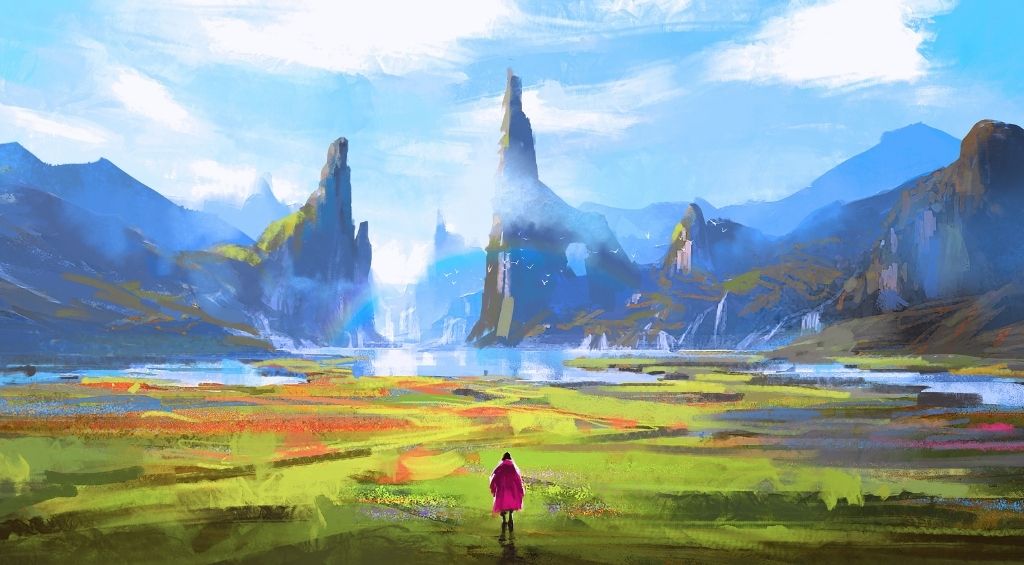
So, why did isekai surge in popularity? For many fans of the genre, isekai offers an escape from the mundane, an opportunity to immerse oneself in a realm where the usual rules don't apply, and the confines of our daily existence vanish. The main character, often an average individual, suddenly finds out they possess unique abilities in this new world, allowing viewers to identify with them and dream of their adventures in distant lands.
While "isekai" can be considered somewhat specific to Japanese culture, the idea of transporting a hero to another realm is universal and can be found in many cultures and literatures worldwide. This speaks to the universal human longing to explore the unknown and dream of life beyond the boundaries of the familiar world.
History of Isekai
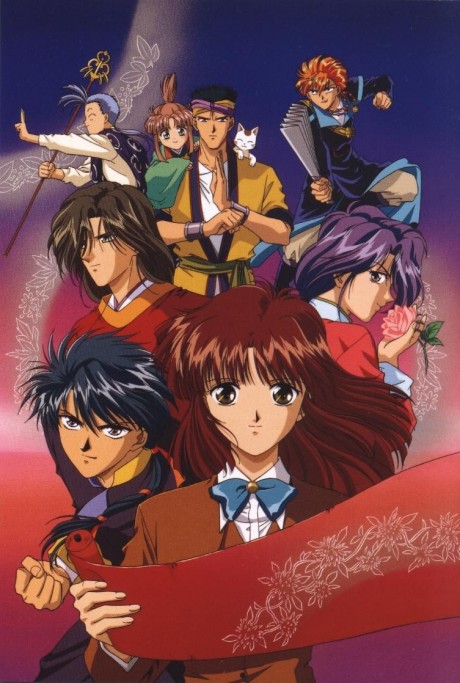
Similar themes can also be located in Western literature. For instance, Lewis Carroll's "Alice in Wonderland" or Charles Dickens' "A Tale of Two Cities" serve as early illustrations of this genre. These works, globally recognized, influenced Japanese creators and inspired them to delve into the topic of transportation to alternate realms in their productions.
While literature has long toyed with the isekai concept, it was only during the 80s and 90s that anime and manga began fully adapting and expanding upon this genre. "Fushigi Yûgi" and "El-Hazard" are among the early isekai representatives that have become iconic for many fans.
Interestingly, over time, the isekai genre began to evolve, introducing new elements and variations. For instance, while early isekais primarily revolved around romantic adventures, later works such as "Sword Art Online" or "Re:Zero" explored darker themes like isolation, stress, and traumatic experiences.
The unique ability of isekai to blend various genres, from fantasy to sci-fi, made it one of the most versatile and appealing to a broad audience. Its popularity exploded in the 2010s, with numerous titles gaining international recognition, and the isekai concept becoming almost ubiquitous in pop culture.
Owing to its flexibility and genre-crossing capabilities, isekai has had a significant influence not only on anime and manga but also on video games, novels, and other media. Modern isekai titles like "Overlord" or "That Time I Got Reincarnated as a Slime" continue the tradition of transforming the genre, tailoring it to fit contemporary expectations and trends in pop culture.
Key Elements and Characteristics of Isekai
 Protagonists
Protagonists
Transported to Another World The heart of the isekai genre beats to the rhythm of the destinies of its main characters, often ordinary people from our world, who find themselves transported to a different, fantastical universe. These are often young individuals whose lives in our world were filled with routine, unfulfillment, or loneliness. The new world offers them a chance to embark on an adventure, find their place, or simply confront the unknown. Their reactions to the unexpected transition, adaptation to the new environment, and interactions with the inhabitants of other lands form the core of many isekai stories.
Powers, Abilities, and Rules Governing this World
A crucial aspect of isekai is the heroes' discovery of the rules and mechanics of the new world. They are often inspired by video games, leading to concepts such as levels, skills, or character classes. Heroes may discover they possess unique abilities that set them above other residents of this world. These powers can be both a blessing and a curse, and mastering them as well as understanding the boundaries and consequences of their use is a significant part of the narrative.
Narrative Patterns and Recurring Motifs
The isekai genre boasts a range of distinctive motifs and narrative schemes, which repeatedly appear in various works. Examples include reincarnation, where a character dies in one world and restarts life in another, or the harem theme, where the main hero is surrounded by numerous potential romantic partners. Other recurring topics include conquests, where characters strive for dominance in the new world, or struggles with inner demons, often reflecting the challenges they faced in their original world.
Popular Isekai Subgenres
Adventure Isekai
Adventure isekai focuses on the exciting and wondrous adventures of the main hero in the new world. In these stories, heroes explore mysterious lands, confront monsters, and assemble a team of companions. "Sword Art Online" is an exemplary case, where characters, like Kirito, get trapped in a VRMMO game and must fight for their freedom. Another popular title, "Re:Zero - Starting Life in Another World," features Subaru discovering his ability to return from death, leading him through a series of challenging trials.
Romantic Isekai
Romantic isekai blends elements of fantasy with profound emotions and relationships. Characters in these stories often search for love or find it in the most unexpected ways. "In Another World With My Smartphone" narrates the story of a young man, Touya, accidentally killed by God and subsequently transported to another world with new abilities and a smartphone filled with apps. Love becomes a crucial element in this tale.
 Dark/Dramatic Isekai
Dark/Dramatic Isekai
In this subgenre of isekai, the narrative takes a dark, dramatic turn. "Overlord" features a character, Momonga, left alone in an MMORPG after servers shut down, deciding to become the dominant figure in this new world. His actions increasingly turn despotic and ruthless. Another title, "Grimgar of Fantasy and Ash," focuses on a group of people waking up in a foreign world with no memories of the past and having to battle for survival in a realistic and brutal manner.
Parody/Comedy
Isekai Contrary to the graver tones of other subgenres, parody and comedy isekai utilize the well-known conventions of the genre to create humorous situations. "KonoSuba: God’s Blessing on This Wonderful World!" is a perfect example. After his death, the main character, Kazuma, gets a chance for a new life in another world. But instead of an epic adventure, he finds himself dealing with comical characters and ludicrous situations. Another title, "The Devil is a Part-Timer!", presents a demon escaping to our world and working in fast food, leading to numerous amusing scenarios.
A Few Important Titles in the Isekai Genre
 "Digimon Adventure": While many don't immediately recognize this as isekai, "Digimon Adventure" is one of the earlier examples of the genre in anime. A group of children is unexpectedly transported to the Digital World, where they befriend digital monsters known as Digimon. In this world, they face various challenges and threats while discovering bonds of friendship. This series introduced the isekai genre element of friendship and teamwork in an alien world.
"Digimon Adventure": While many don't immediately recognize this as isekai, "Digimon Adventure" is one of the earlier examples of the genre in anime. A group of children is unexpectedly transported to the Digital World, where they befriend digital monsters known as Digimon. In this world, they face various challenges and threats while discovering bonds of friendship. This series introduced the isekai genre element of friendship and teamwork in an alien world.
"Magical Warriors" (Fushigi Yûgi): A young girl, Miaka Yūki, and her friend, Yui Hongo, discover a mysterious book that transports them to a world full of magic and adventures based on ancient China. "Magical Warriors" is one of the first isekai aimed at younger women, with a strong emphasis on romance and drama. This anime introduced the concept of "otome isekai", where the main heroine is transported to another world and is surrounded by many potential romantic partners.
"Inuyasha": Kagome Higurashi, a regular high school student from modern Tokyo, is transported to medieval Japan through an ancient well located in her family temple. There she meets a half-demon named Inuyasha and together they embark on a journey to recover shards of a powerful jewel. Although "Inuyasha" has many elements typical of traditional fairy tales and folk stories, it is primarily an isekai that introduces elements of Japanese history and mythology to the genre. Each of these titles contributed something unique to the evolving genre - they helped define and shape isekai in the form we know today.
Direction Infinity: The Influence of Isekai on Anime and Manga World
Over the past few decades, isekai has evolved, becoming one of the most dominant and influential genres in the world of anime and manga. Its flexibility and ability to easily blend with other genres make it incredibly diverse and accessible to a wide range of viewers. This genre not only influenced how stories are created but also how they are perceived by the international audience, offering an escape from reality into an infinite number of alternative worlds.
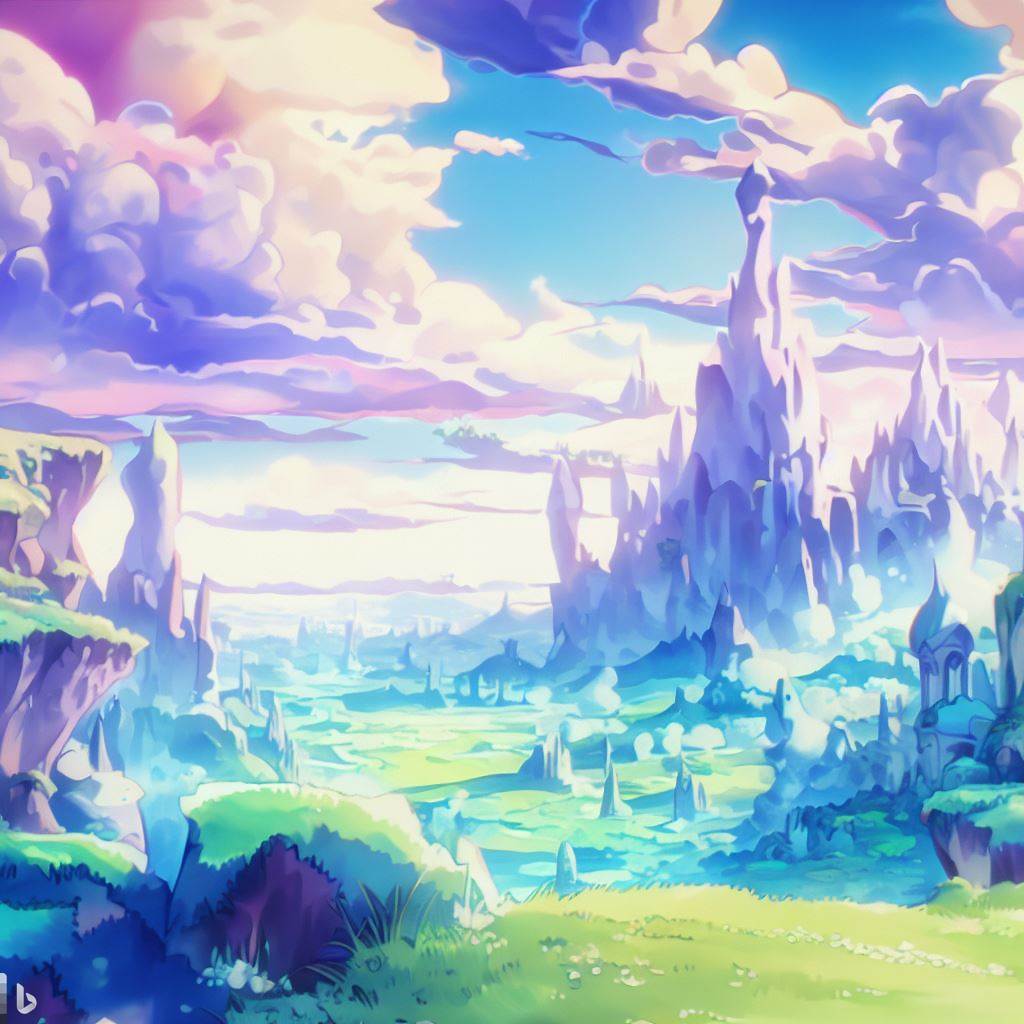
In conclusion, isekai, despite its long history, remains a genre full of potential. Its ability to continuously innovate and adapt to changing times suggests that it will hold a permanent place in the hearts of fans worldwide. Whether you're looking for an escape, adventure, or deeper reflection on the boundaries of reality, isekai will surely provide unforgettable experiences.
"Strong Japanese Women"
see book by the author
of the page
未開 ソビエライ
An enthusiast of Asian culture with a deep appreciation for the diverse philosophies of the world. By education, a psychologist and philologist specializing in Korean studies. At heart, a programmer (primarily for Android) and a passionate technology enthusiast, as well as a practitioner of Zen and mono no aware. In moments of tranquility, adheres to a disciplined lifestyle, firmly believing that perseverance, continuous personal growth, and dedication to one's passions are the wisest paths in life. Author of the book "Strong Women of Japan" (>>see more)
Personal motto:
"The most powerful force in the universe is compound interest." - Albert Einstein (probably)
Mike Soray
(aka Michał Sobieraj)
未開 ソビエライ
An enthusiast of Asian culture with a deep appreciation for the diverse philosophies of the world. By education, a psychologist and philologist specializing in Korean studies. At heart, a programmer (primarily for Android) and a passionate technology enthusiast, as well as a practitioner of Zen and mono no aware. In moments of tranquility, adheres to a disciplined lifestyle, firmly believing that perseverance, continuous personal growth, and dedication to one's passions are the wisest paths in life. Author of the book "Strong Women of Japan" (>>see more)
Personal motto:
"The most powerful force in the universe is compound interest." - Albert Einstein (probably)
Mike Soray
(aka Michał Sobieraj)
Write us...
Ciechanów, Polska
dr.imyon@gmail.com
___________________
inari.smart
Would you like to share your thoughts or feedback about our website or app? Leave us a message, and we’ll get back to you quickly. We value your perspective!
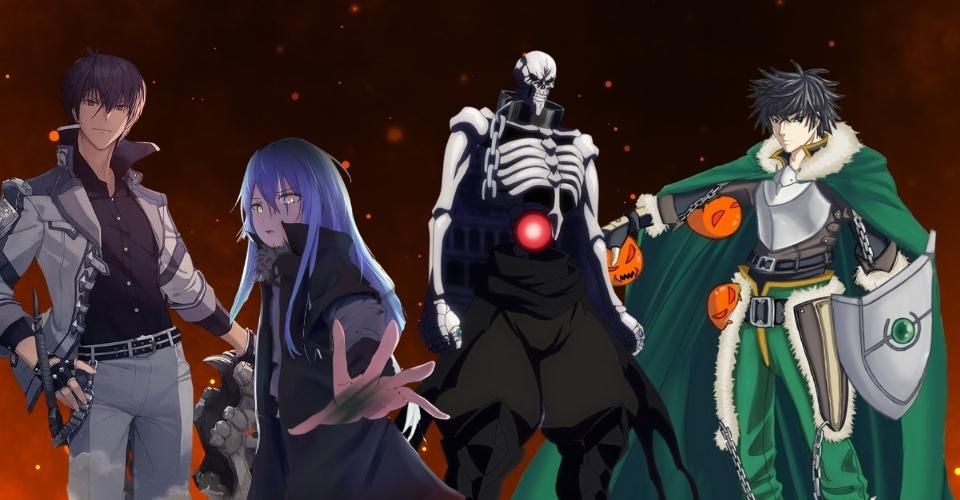 Protagonists
Protagonists 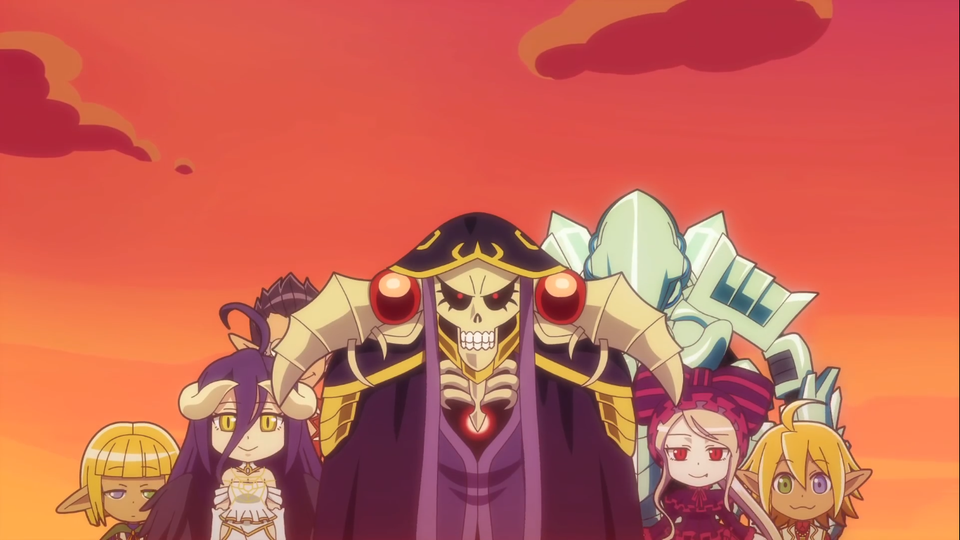 Dark/Dramatic Isekai
Dark/Dramatic Isekai  "Digimon Adventure": While many don't immediately recognize this as isekai, "Digimon Adventure" is one of the earlier examples of the genre in anime. A group of children is unexpectedly transported to the Digital World, where they befriend digital monsters known as Digimon. In this world, they face various challenges and threats while discovering bonds of friendship. This series introduced the isekai genre element of friendship and teamwork in an alien world.
"Digimon Adventure": While many don't immediately recognize this as isekai, "Digimon Adventure" is one of the earlier examples of the genre in anime. A group of children is unexpectedly transported to the Digital World, where they befriend digital monsters known as Digimon. In this world, they face various challenges and threats while discovering bonds of friendship. This series introduced the isekai genre element of friendship and teamwork in an alien world.
